Optimal Seasons for Shower Installations
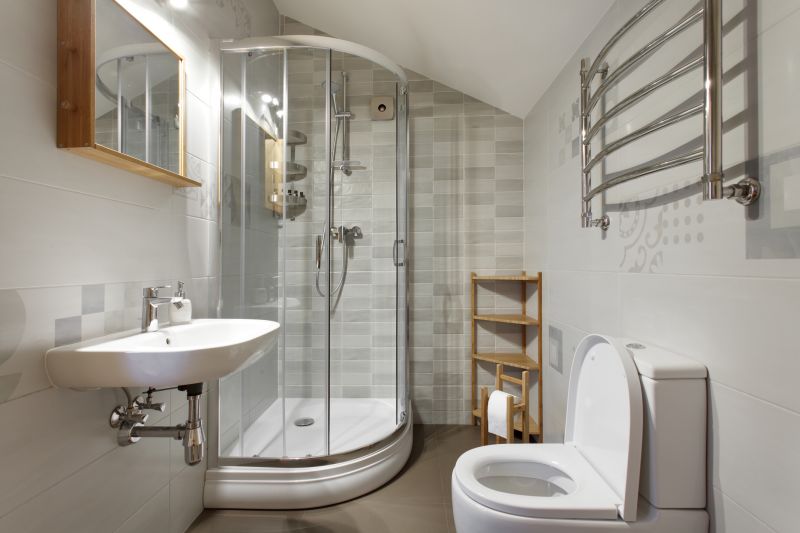
Ways to make Shower Installations work in tight or awkward layouts.
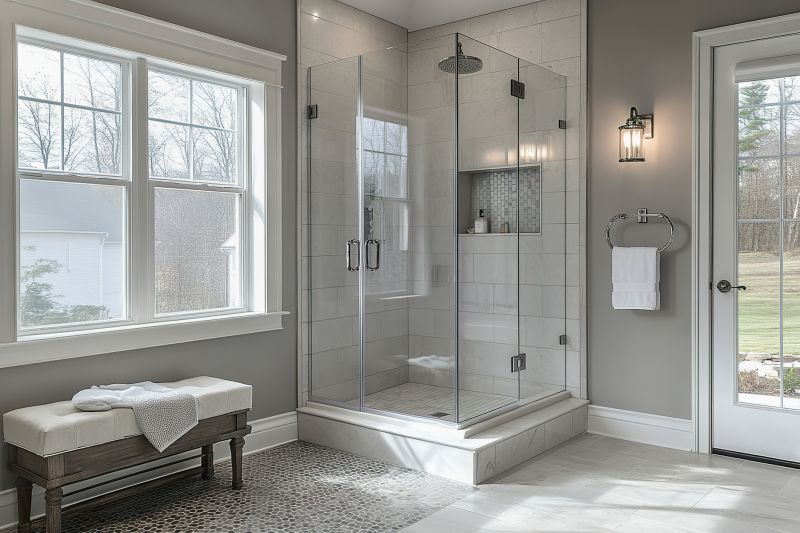
Popular materials for Shower Installations and why they hold up over time.
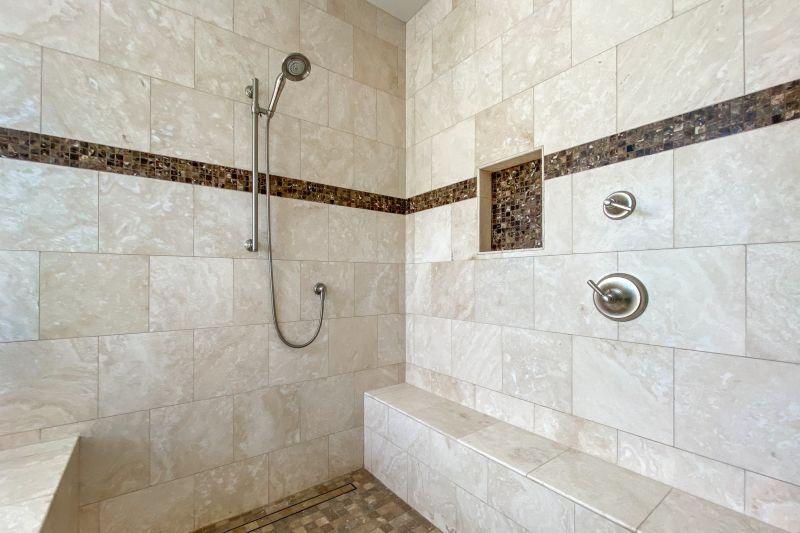
Simple add-ons that improve Shower Installations without blowing the budget.
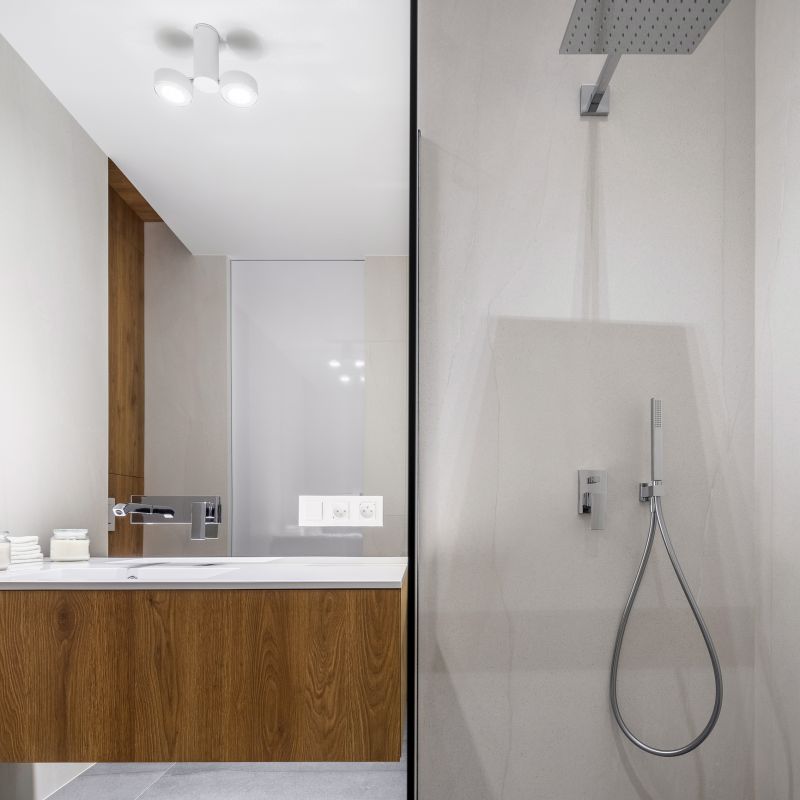
High-end options that actually feel worth it for Shower Installations.
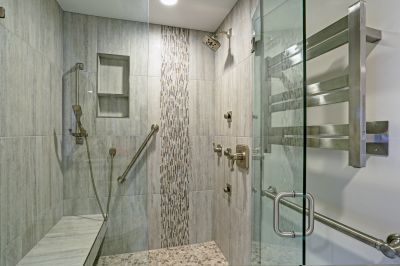
Finishes and colors that play nicely with Shower Installations.
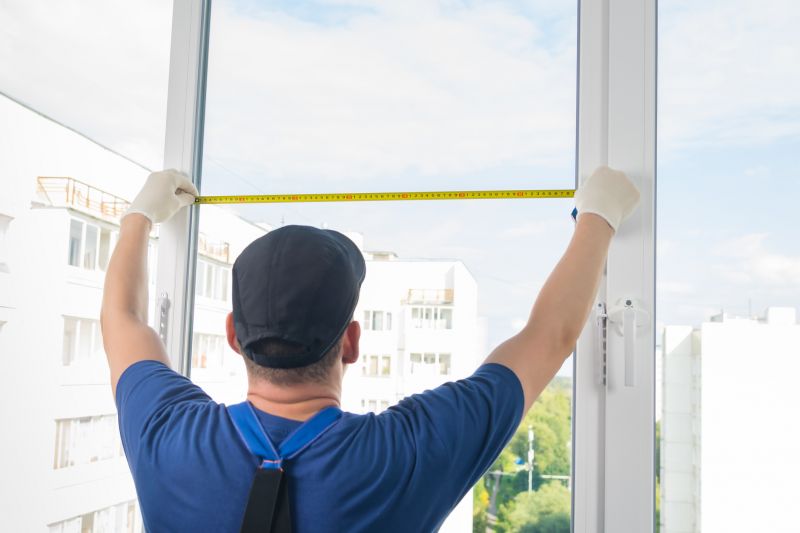
Little measurements that prevent headaches on Shower Installations day.
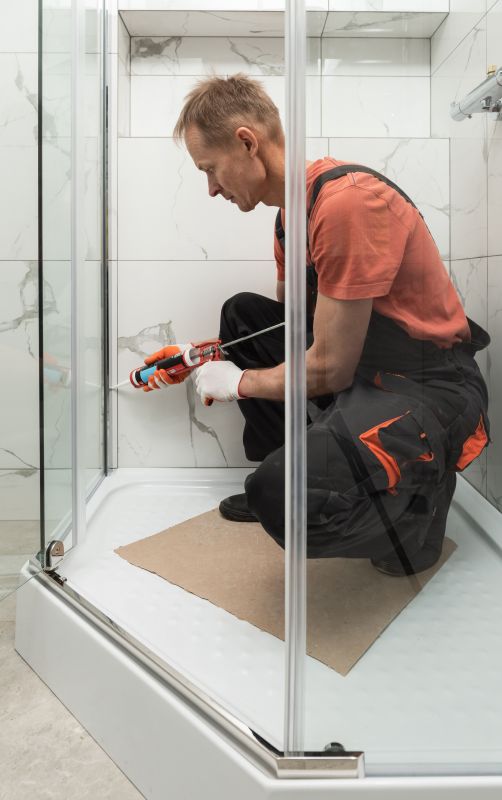
A 60-second routine that keeps Shower Installations looking new.
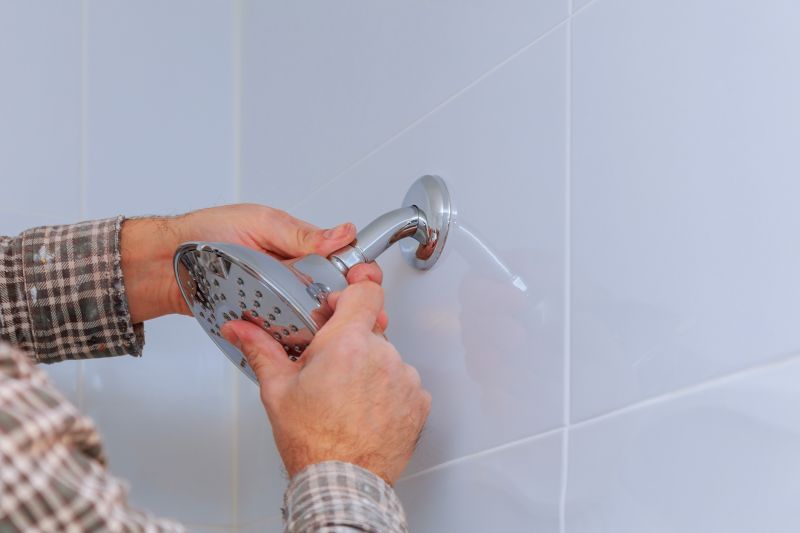
A frequent mistake in Shower Installations and how to dodge it.
Shower installations are typically best scheduled during moderate weather conditions to ensure optimal working environments and minimize delays. Spring and early fall often provide favorable temperatures and lower humidity levels, which are beneficial for construction projects. Scheduling during these periods can help avoid weather-related disruptions and ensure the installation process proceeds smoothly.
In regions like Roscoe, Illinois, planning shower installations during the late spring or early autumn allows for efficient work schedules. Cooler temperatures reduce the risk of heat-related issues for installers, while avoiding the extreme cold of winter helps prevent potential damage to plumbing components. Proper timing also aligns with indoor work, reducing exposure to outdoor elements.
Spring and fall offer optimal weather conditions for installation projects, reducing delays caused by inclement weather.
Maintaining moderate temperatures ensures better adhesion of sealants and proper fitting of fixtures.
Plan installations during periods with predictable weather to minimize disruptions and ensure quality workmanship.
Scheduling outside peak seasons may lead to quicker service and more flexible appointment times.
| Season | Optimal Installation Conditions |
|---|---|
| Spring | Moderate temperatures, low humidity |
| Summer | High temperatures, potential humidity issues |
| Fall | Cooler weather, stable conditions |
| Winter | Cold temperatures, possible delays |
| Late Spring/Early Fall | Ideal for scheduling |
| Mid-Summer | Less ideal due to heat |
| Late Fall | Good for indoor work |
| Winter Months | Not recommended for outdoor work |



